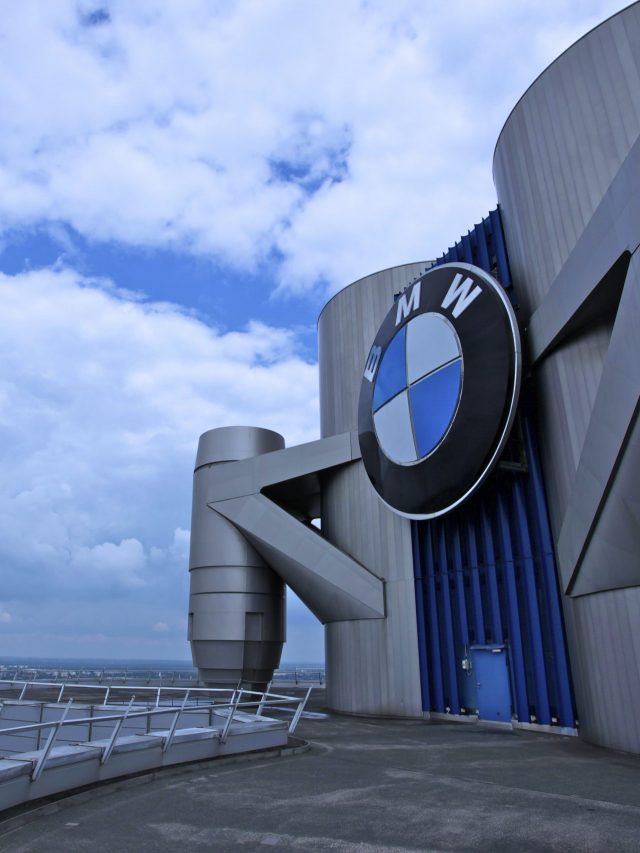BMW Group has gained a license for testing the level 3 (L3) autonomous driving on high-speed roads in Shanghai, a move that gets it closer to the aim of operating driverless cars in the world’s largest auto market. It has become the second foreign automaker after General Motors (GM) to receive such a license. BMW’s self-driving vehicles have been given permission to test on designated highways and expressways in the eastern Chinese city.
The company plans to launch products equipped with L3 self-driving functionality when they can, in accordance with Chinese laws and regulations. The new license expands avenues for advanced autonomous driving technologies in Shanghai. It had obtained a license in 2018, allowing it to run tests on 5.6 km (3.5 miles) of public roads in the city. The Chinese government has been making policies to accelerate the mass adoption of autonomous driving technologies in the country. Earlier in December, the country also issued safety guidelines for the use of autonomous vehicles in public transport.
BMW’s R&D team in China is actively carrying out localized research and development of the L3 autonomous driving system. The aim is to be fully prepared for the future adaptation and application of the function in the country. Its upcoming models in China such as the China-made BMW 5 Series long wheelbase edition is technically capable of being upgraded to L3 autonomous driving, BMW said.
In Germany, BMW’s L3 self-driving vehicles have already been certified by the road traffic authority Das Kraftfahrt-Bundesamt and deliveries to customers will begin in spring next year.
Before BMW, GM received permission in Shanghai to conduct L4 self-driving road tests in designated areas. The first phase of that test is scheduled for one year, and Cadillac Lyriq test vehicles will operate in Shanghai’s Jinqiao area. Several Chinese government departments jointly issued a notice last month allowing cars supporting L3 and L4 autonomous driving to conduct road tests on a pilot basis.



